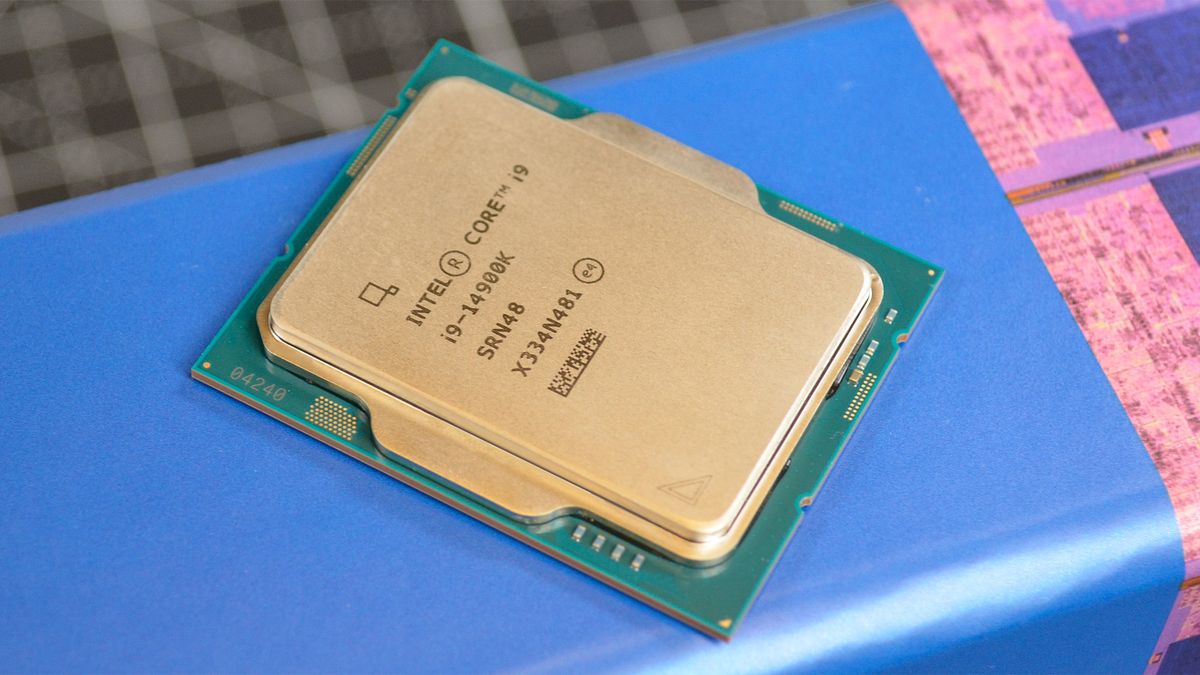With this initiative, Claro, TIM and Vivo will open their networks to developers worldwide, allowing the creation of more secure digital services
November 28, 2023, São Paulo: Leader in 5G and digital innovation in Latin America, Brazil today adds another milestone to its pioneering profile. As part of the global GSMA Open Gateway initiative, mobile operators Claro, TIM and Vivo announced the launch of three API (Application Programmable Interfaces) network services focused on improving digital security: Number Verify, SIM swap and device location. The announcement, the first in the region supported by multiple operators, was made today during an event organized by the GSMA in São Paulo.
Released earlier this year in MWC Barcelona, the GSMA Open Gateway initiative represents a paradigm shift in the way the global telecommunications industry designs and brings to market new mobile applications and digital and immersive services. It will also help the mobile industry, enterprises and developers deliver better digital experiences over 5G networks for the benefit of customers, society and the economy.
GSMA Open Gateway is a common, open framework between operators to make it easier for developers and cloud providers to create more secure applications and services that communicate seamlessly with each other and work for all devices and clients. This is done through unique access points to mobile networks known as APIs. From Brazil to China, from Norway to New Zealand, almost 40 mobile operator groups around the world, representing 228 mobile networks and 64% of global connections, are already part of the initiative.
The APIs introduced today by Brazilian operators, the first in an evolutionary roadmap, are focused on combating digital fraud, for mobile commerce and financial institutions. The project is 100% privacy by design. The three APIs are:
- Verification number: It offers seamless verification of a user's mobile number by providing the next generation of strong authentication and user experience. It's a simple evolution path for any business using mobile numbers and SMS one-time passwords. Instead of relying on SMS, Number Verify can be activated automatically and seamlessly to verify a user's identity. This not only improves the user experience but also eliminates potential problems, such as users not receiving an SMS or facing difficulties due to limited familiarity with the technology.
- SIM swap: Used to check if a given phone number has recently changed SIM cards. This helps prevent account takeover attacks, in which fraudsters take control of the account owner's SIM card using social engineering techniques and stolen personal data. For example, at the time of a financial transaction, a financial institution can check whether the relationship between the customer's phone number and SIM card has recently changed, which helps it decide whether to approve the transaction or not.
- Device location: It allows organizations to confirm whether a certain device is in a certain location, which can help detect and prevent false transactions. This can help protect customers from scammers using GPS tampering, known as fake GPS. The API ensures instant validation of the location area provided by the mobile device owner to a service and the approximate location area of the device on the operator's network, to prevent tampering. For example, delivery app companies can implement this technology to ensure that drivers and passengers deliver to the right customer.
The mobile industry hopes this will accelerate the growth of digital services and applications by ensuring they integrate seamlessly with national mobile networks, as well as hundreds of others around the world. As part of the GSMA Open Gateway initiative, these APIs will be federated locally and globally, meaning that in addition to Brazil's 145 million mobile customers, developers will also be able to reach new customers outside of Brazil as the initiative grows. .
Carlos Araujo, Director of New Business at Claro, said: “Claro is driving the innovative Open Gateway initiative. This tool stands out as an essential instrument for the digital revolution, with special emphasis on its potential in identity validation and fraud prevention. By anticipating the demands of a constantly evolving market, Claro is committed to leading the way towards secure technological solutions. “We are excited about the positive impact this initiative will have on global technological advancement.”
Renato Ciuchini, Vice President of New Business and Innovation at TIM Brazil, said: “TIM is committed to the Brazilian market to offer the best security and anti-fraud solutions. We want to create an increasingly safe and secure environment, benefiting all of society. The opportunity to be part of the Open Gateway is precisely in line with this scenario. Together with GSMA, TIM is charting a safer, brighter path forward for everyone.”
Debora Bortolasi, B2B Executive Director of Vivo, said: “The Open Gateway initiative is a milestone in the transformation of the telecommunications sector, with a positive impact on the security of several industries in the market, as it makes it possible to turn communications networks into programmable digital platforms through global and standardized APIs, benefiting a large digital ecosystem from startups to large companies.”
Mats Granryd, Director General of GSMA, said: “Through the GSMA Open Gateway initiative, Brazil's mobile operators are leading the way, helping enterprise developers and cloud providers launch new services to combat fraud and improve digital security. By taking this approach we can ensure that new digital services not only work seamlessly on all mobile networks in Brazil, but also on hundreds of others around the world. Next year we will see more and more Brazilians benefiting from the launch of these APIs, allowing them to feel more confident knowing that their mobile services are more secure.”
For this first set of APIs, local operators collaborated with strategic partners Infobip as technical integrator and Microsoft Azure as service platform provider.
Mijo Soldin, vice president of telecommunications strategy at Infobip, said: “This collaboration demonstrates Infobip's leadership in the global market. CPaaS position, our strong developer relationships along with our history of strategic telecom collaborations. All are essential to increasing the potential for successful collaboration and faster time to revenue. The launch of the CAMARA-compatible API in Brazil marks an important step for Infobip, as it helps democratize the messaging ecosystem worldwide, hand in hand with telecommunications companies. As an innovator and channel partner of GSMA Open Gateway, we will continue to create and offer additional APIs compatible with CAMARA, working closely with our telecom partners to expose developers to easy-to-use APIs for the customer experience.”
Ross Ortega, vice president of program management at Microsoft, said: “Microsoft is proud to continue building a strong relationship with GSMA Open Gateway, embracing a future where modern connected applications and advanced networks converge seamlessly. Our commitment to standardization simplifies the software developer experience. Developers can get the most out of the network without having to customize their applications for a specific network or become network experts themselves. “We are committed to working with GSMA Open Gateway and operators to expose network capabilities that enable a new generation of applications.”
GSMA Open Gateway APIs are defined, developed and published in CAMARA, the open source project for developers to access enhanced networking capabilities, powered by the Linux Foundation in collaboration with GSMA. The three APIs introduced by Brazilian operators are expected to be commercially available individually by the end of 2023. The GSMA Open Gateway ecosystem in Brazil will see a significant improvement in 2024, with the addition of new partners NTT Data and Vonage, part of Ericsson. initiative.
-ENDS-
About the GSMA
The GSMA is a global organization that unifies the mobile ecosystem to discover, develop and deliver critical innovation for positive business environments and social change. Our vision is to unlock the full power of connectivity so that people, industry and society thrive. Representing mobile operators and organizations across the mobile ecosystem and adjacent industries, the GSMA offers its members three broad pillars: connectivity for good, industry services and solutions, and outreach. This activity includes advancing policy, addressing today's biggest societal challenges, supporting the technology and interoperability that make mobile devices work, and providing the world's largest platform to convene the mobile ecosystem at the MWC and M360 series of events.
We invite you to learn more at gsma.com
Media contacts
GSMA Press Office
press [email protected]









